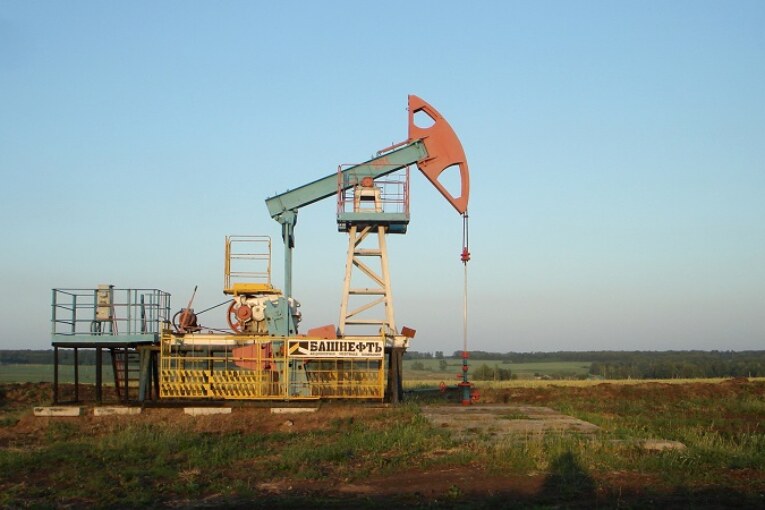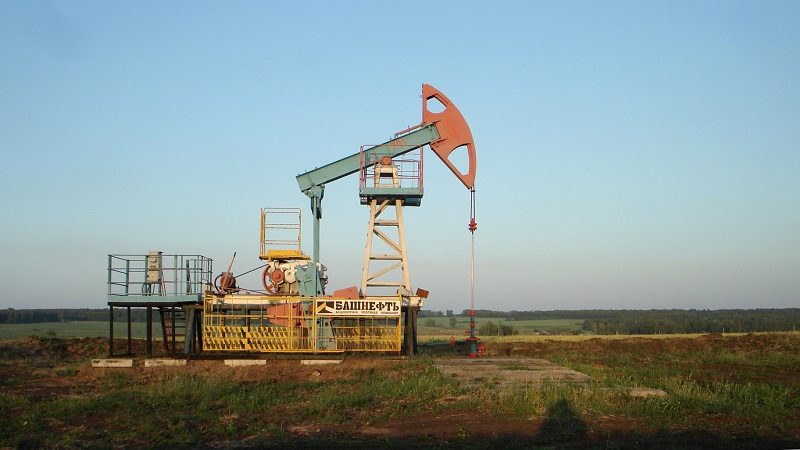

U.S. Treasury Secretary Janet Yellen said on Friday that new price caps by the West on Russian oil products would build on the crude oil cap set in December and further limit Russian oil revenues while keeping global energy markets supplied.
“The caps we have just set will now serve a critical role in our global coalition’s work to degrade Russia’s ability to prosecute its illegal war (in Ukraine),” Yellen said in a statement after the agreement was released.
“Combined with our historic sanctions, we are forcing (Russian President Vladimir) Putin to choose between funding his brutal war or propping up his struggling economy.”
The coalition imposing the price cap, the Group of Seven economies, the EU and Australia, said on Friday the price caps are $100 per barrel on products that trade at a premium to crude, principally diesel, and $45 per barrel for products that trade at a discount, such as fuel oil and naphtha.
The coalition said the price caps on petroleum products would be implemented on Feb. 5 or “very soon thereafter.” In a statement, the participating countries said they would include “time-limited exceptions” for products that are loaded onto a vessel prior to Feb. 5.
Yellen said global energy markets had remained well-supplied and public reports indicated that oil importers were using the price cap to “drive steep bargains” on Russian oil.
“And, we are disrupting Russia’s military supply chains, making it harder for the Kremlin to equip its troops and continue this unprovoked invasion.”
Russia’s monthly budget revenues from oil and gas fell in January to their lowest level since August 2020 under the impact of Western sanctions on its most lucrative export, Russia’s Finance Ministry data showed on Friday.
You can read more of the news on source



